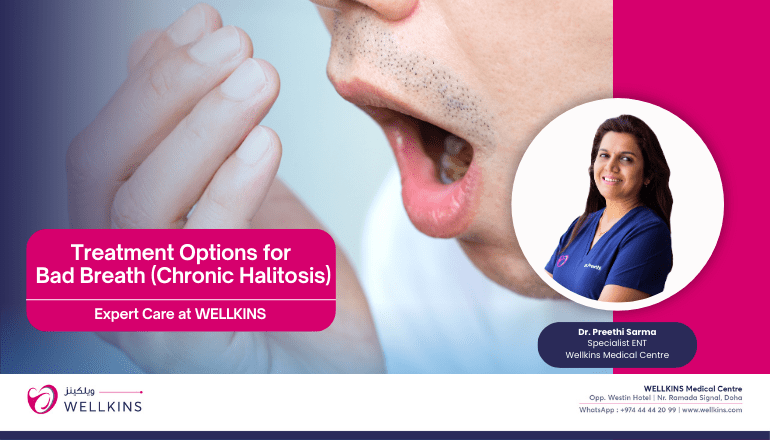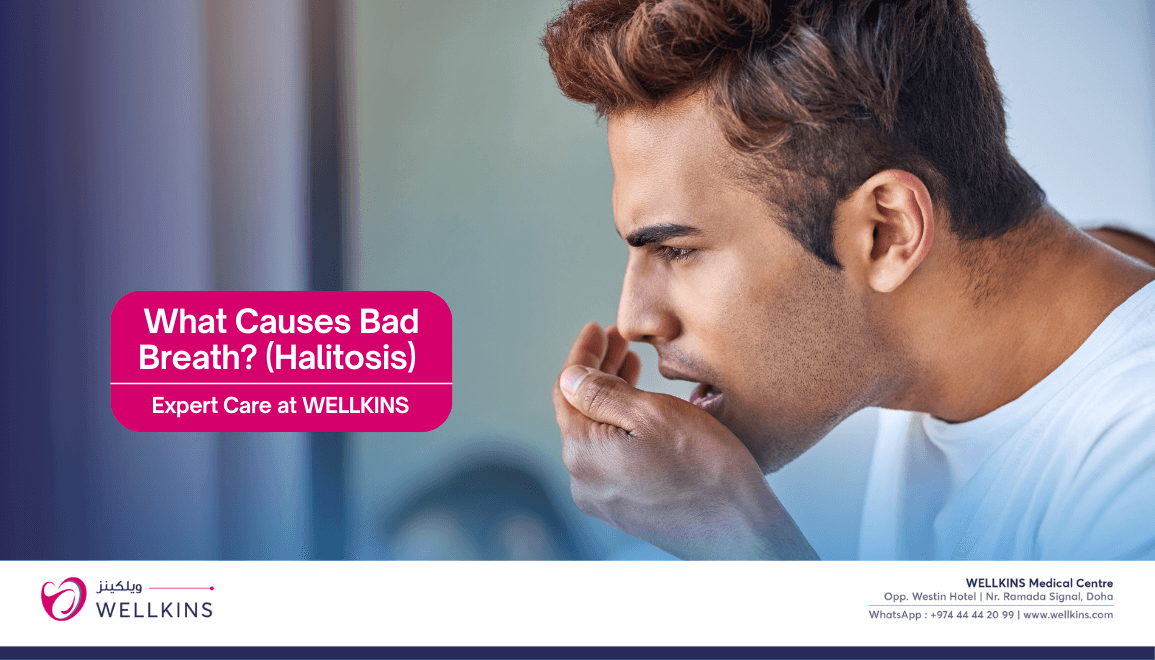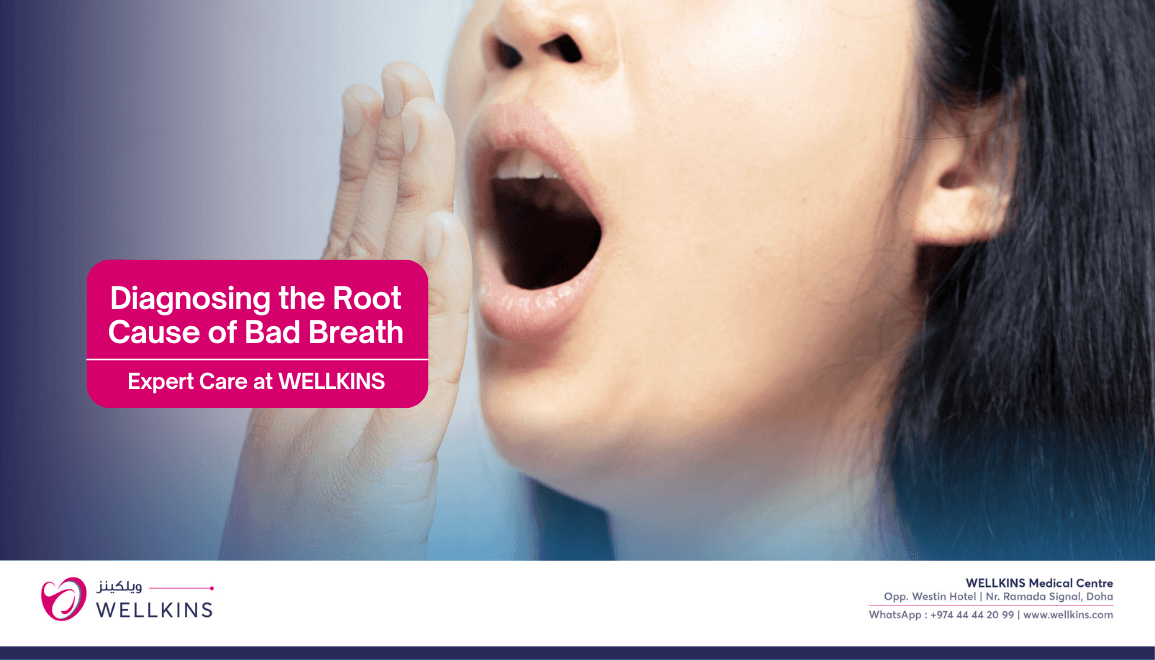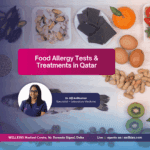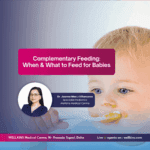Author: Dr. Preethi Sarma (Specialist ENT – Wellkins Medical Centre)
Bad breath, medically known as halitosis, is a symptom in which a noticeably unpleasant breath odor occurs. While a fleeting bad breath after a pungent meal or upon waking is common and easily remedied, persistent or severe halitosis can be incredibly embarrassing, impacting social interactions, personal relationships, self-confidence and even professional life. Far from just an oral hygiene issue, chronic bad breath can also be a significant signal of underlying, sometimes serious, health concerns that warrant medical attention.
At Wellkins Medical Centre, our complete, multi-specialty approach ensures we don’t just mask the symptom but diligently identify and treat the root cause. Our aim is to help you regain fresh breath, renewed confidence and improved overall health.
“Our strategy emphasizes that halitosis can originate from various sources: poor oral hygiene, underlying dental/gum diseases, systemic health issues (like chronic dry mouth, sinus problems, or GI tract disorders), or even dietary habits. The long-term journey for fresh breath requires a customized plan focusing on meticulous hygiene, targeted treatment of any underlying medical conditions and essential lifestyle modifications. This complete approach is key to achieving permanent relief and protecting overall health, rather than simply masking the odor.”
What Causes Bad Breath?
The source of unpleasant breath can be incredibly varied, ranging from simple, easily resolvable oral hygiene issues to more complex systemic medical conditions. Understanding these origins is key to effective management.
1. Oral Hygiene (The Most Common Culprit)
Bacteria on the Tongue: The rough, porous surface of the back of the tongue is a prime breeding ground for anaerobic bacteria. These bacteria produce volatile sulfur compounds (VSCs) such as hydrogen sulfide and methyl mercaptan which are the primary chemical culprits behind offensive breath.
Food Particles: Lingering microscopic food debris lodged between teeth, trapped around gums, or adhering to the tongue can rapidly break down. This decomposition by oral bacteria releases foul-smelling gases.
Gum Disease (Periodontal Disease): This is a very significant and often silent cause of chronic halitosis. When plaque and tartar build up, bacteria accumulate in deep pockets around teeth, leading to inflammation, infection and the release of highly odorous compounds.
Dry Mouth (Xerostomia): Saliva acts as a natural mouthwash, continually cleansing the mouth of food particles and neutralizing acids. Reduced saliva flow (due to medications, excessive mouth breathing, dehydration, or certain medical conditions) allows bacteria and food debris to proliferate unchecked.
Poorly Fitting Dentures/Appliances: Dental prosthetics, retainers, or aligners can trap food and bacteria underneath or within their crevices if they are not cleaned meticulously and regularly.
Cavities and Oral Infections: Untreated tooth decay or oral abscesses can harbor bacteria and emit strong, localized unpleasant odors.
2. Foods and Beverages
Pungent Foods: Foods like garlic, onions and certain strong spices are notorious for leaving persistent odors. Their aromatic compounds are absorbed into the bloodstream, transported to the lungs and then exhaled, resulting in a distinct, lingering bad breath that even brushing cannot entirely eliminate.
Coffee & Alcohol: Both substances can significantly dehydrate the mouth, reduce saliva flow and create an ideal environment for odor-producing bacteria to flourish.
3. Medical Conditions (Systemic Causes)
Respiratory Tract Infections: Infections in the throat (e.g., tonsillitis, strep throat), enlarged tonsils (especially with tonsil stones or tonsilloliths small calcified deposits that trap bacteria and emit strong odors), sinuses (chronic sinusitis, post nasal drip), or lungs (bronchitis, pneumonia) can produce foul smelling mucus and breath due to bacterial activity.
Gastrointestinal Issues: Conditions such as severe acid reflux (GERD) or hiatus hernia can allow stomach acids and partially digested food odors to rise into the esophagus and mouth. Bacterial overgrowth in the small intestine (SIBO) may also play a role.
Systemic Diseases: In rarer but more serious instances, very distinct halitosis can be a critical symptom of underlying systemic diseases:
- Uncontrolled Diabetes: Can lead to “ketotic” or fruity-smelling breath.
- Liver Failure: May cause a distinct “fishy” or “mousy” odor.
- Kidney Failure: Can result in an ammonia-like or urine-like smell on the breath.
- Other Metabolic Disorders: Certain rare genetic conditions can also manifest with unusual breath odor.
Diagnosing the Root Cause at Wellkins Medical Centre
Our approach to tackling halitosis is complete and collaborative, ensuring an accurate diagnosis and the most effective treatment plan. We involve a team including dentists, general practitioners and potentially other specialists.
Detailed Medical and Oral History: Our healthcare professionals will conduct a thorough review of your oral hygiene routine, recent diet, current medications, smoking habits, alcohol consumption and any other associated symptoms you might be experiencing (e.g., dry mouth, post-nasal drip, digestive issues).
Complete Oral Examination: A meticulous check of your teeth for cavities, your gums for signs of periodontal disease, your tongue for coatings and your throat for tonsil issues or signs of infection.
Odor Assessment: A direct evaluation of your breath by the clinician, noting any distinct characteristics of the smell (e.g., sulfurous, fruity, ammonia-like) to help guide further investigation.
Effective Treatment and Prevention Strategies
Once the root cause of your bad breath is identified, a personalized and targeted treatment plan can be developed.
1. Excellent Oral Hygiene (The Primary Foundation)
Brush Twice Daily: Brush your teeth thoroughly for at least two minutes, twice a day, using a fluoride toothpaste. Ensure you reach all surfaces.
Floss Daily: Absolutely crucial. Floss or use interdental brushes daily to meticulously remove trapped food particles and plaque from between teeth and underneath the gum line.
Tongue Cleaning: This is often overlooked but vital. Use a tongue scraper or your toothbrush to gently clean the entire surface of your tongue, especially the back, daily. This significantly reduces odor-producing bacteria.
Antibacterial Mouthwash: Use a therapeutic antibacterial mouthwash, but always remember it’s an adjunct, not a substitute, for brushing and flossing.
Regular Dental Check-ups and Professional Cleanings: Visit your dentist for professional cleanings to remove stubborn plaque and tartar and for complete oral examinations.
2. Lifestyle Adjustments
Stay Hydrated: Drink plenty of plain water throughout the day to keep your mouth moist and stimulate consistent saliva production.
Chew Sugar-Free Gum: This is an excellent way to temporarily stimulate saliva flow between meals.
Avoid Odorous Foods: Be mindful of your diet. Limit or avoid strong smelling foods like garlic, onions and certain spicy dishes, especially before social or professional interactions.
Limit Coffee and Alcohol: Reduce consumption of beverages known to cause dry mouth.
Quit Smoking/Tobacco Use: Smoking is a major contributor to bad breath, dry mouth, gum disease and various oral health problems.
Manage Diet: For some, a diet lower in refined sugars can reduce oral bacterial activity.
3. Addressing Underlying Medical Conditions
If gum disease (periodontitis) is diagnosed, our dental team will provide appropriate scaling, root planning, or other periodontal treatments.
For dry mouth, we may recommend specific over-the-counter products, salivary stimulants, or investigate if medications or underlying conditions are the cause.
If a sinus infection, tonsil stones, or a gastrointestinal issue (like GERD) is suspected or confirmed, our doctors will manage these conditions directly or provide a referral to the appropriate specialist for targeted treatment.
If systemic diseases like diabetes, liver, or kidney issues are identified as the cause, our internal medicine specialists will work on managing these primary conditions, which will, in turn, resolve the associated halitosis.

Breathe Easy with Confidence
Don’t let bad breath undermine your confidence or quality of life. Persistent halitosis is a treatable condition and addressing its root cause often leads to significant improvements in both oral and overall health.
At Wellkins Medical Centre, our dedicated team of dentists, general practitioners work collaboratively to accurately diagnose the precise cause of your bad breath and provide you with an effective, personalized treatment plan. Take the first confident step towards fresh breath and renewed assurance. Don’t let bad breath ruin your daily life.
To book an appointment at Wellkins: https://wellkins.com/ent/


